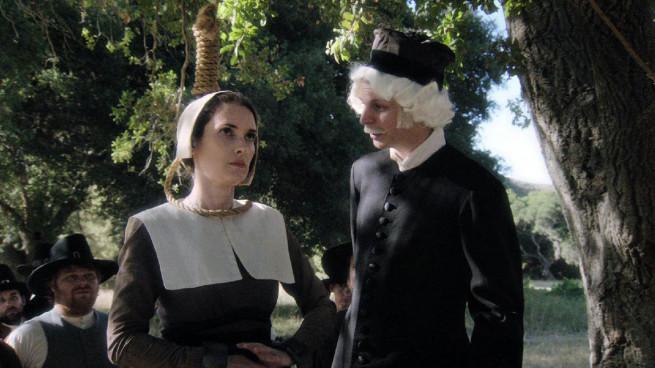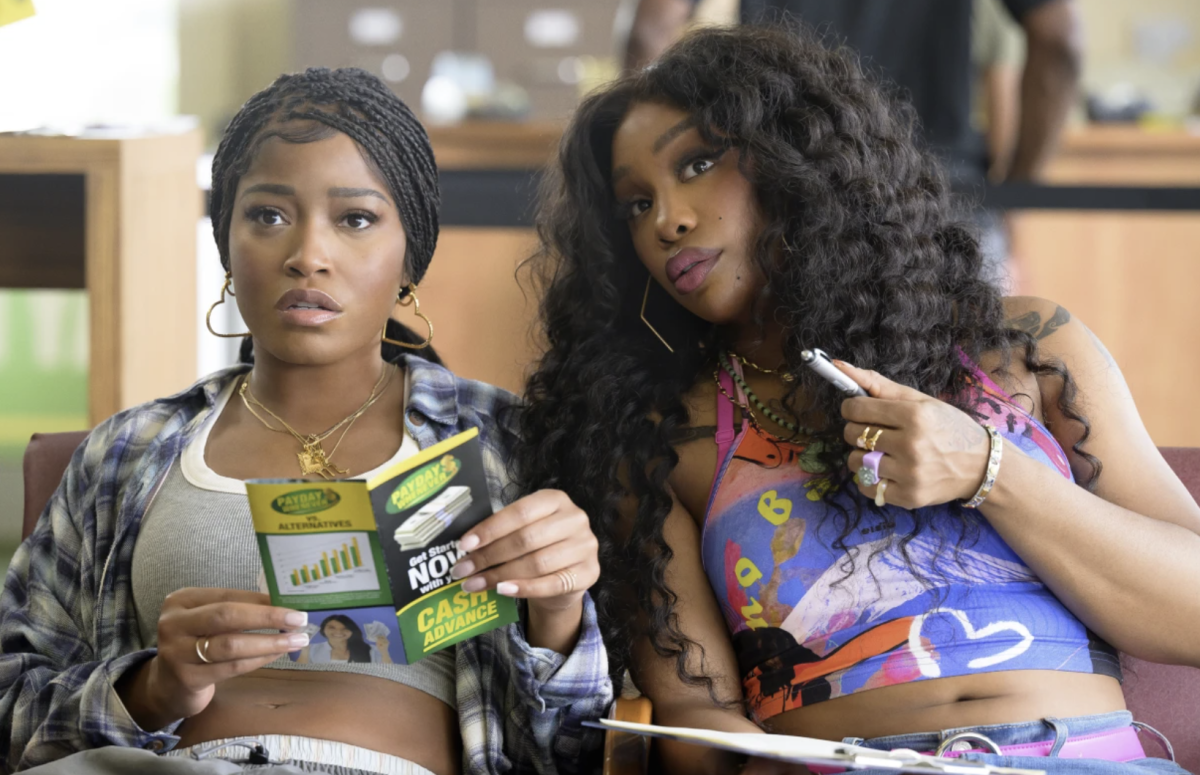The return of fall TV always brings with it a fresh look at the face of entertainment. In today’s world of online streaming, the transition from television to the Internet appears inevitable. Who wants to pay a cable bill when there’s more than enough entertainment available online?
But while many TV networks are moving their content online, Funny or Die’s web series “Drunk History,” created by Derek Waters and Jeremy Konner in 2007, made the jump from the web to Comedy Central in July.
The show works like this: in each episode, an intoxicated narrator recounts an event from American history, while actors and celebrity guest stars, such as executive producer Will Ferrell, act out the narrator’s story and lip sync any drunken slurs that come along with it. Each episode is filmed in a different historical city and opens with the disclaimer, “All of the stories depicted in the following program are based on real events. It should be noted, however, that every storyteller you are about to see is completely drunk.”
This unorthodox show works in a similar way to Kate Beaton’s web comic “Hark! A Vagrant.” These new forms of web-based content allow people to have fun with history by putting a spin on stories in a way history documentaries often cannot.
“Drunk History” takes seemingly dull events and adds a comical twist through the narrators’ intoxication, drunken distractions and casual storytelling. The inebriated storytellers’ giggles, mispronunciations and memory loss are what make the show so funny and the stories so memorable.
But how educational can a show involving alcohol poisoning, blackouts and binge drinking be? While hilarious, the history lessons from the show don’t really resemble a lecture you’d hear in the basement of Lockett. University history professor Maribel Dietz said the show proves the study of history, at its core, is the study of relatable people and their circumstances.
“I see the show as a positive thing in that they are talking about history, and even with the silly reenactments,” Dietz said. “It can help to show that people in the past were real people and not simply some names in a textbook.”
Although she said she does not think professors should be
drinking while lecturing, Dietz said that professors should always look for new ways to better connect with students.
History senior Elizabeth Ritchey said “Drunk History” ignites curiosity in younger people and helps generate a real interest towards the subject.
“History doesn’t have to be dull or dense or incredibly difficult to understand,” Ritchey said, “and I think Drunk History does a great job of emphasizing that.”
But while the show has less reverent storytelling than what students encounter in the classroom, Ritchey said, it can be a great resource for students having a difficult time relating to the subject.
“These new forms of content allow people to take history off of the dusty pedestal upon which many historians like to place it and really have fun with the subject.”
With “Drunk History” catching on with history fans and casual viewers alike, it may pave the way for more web series to make the leap to television soon.
The return of fall TV always brings with it a fresh look at the face of entertainment. In today’s world of online streaming, the transition from television to the Internet is becoming inevitable. Who wants to pay a cable bill when there’s more than enough entertainment online?
But while many TV networks are moving their content online, Funny or Die’s web series “Drunk History,” created by Derek Waters and Jeremy Konner in 2007, made the jump from the web to Comedy Central in July.
The show works like this: in each episode, an intoxicated narrator recounts an event from American history, while actors and celebrity guest stars, such as executive producer Will Ferrell, act out the narrator’s story and lip sync any drunken slurs that come along with it. Each episode is filmed in a different historical city and opens with the disclaimer, “all of the stories depicted in the following program are based on real events. It should be noted, however, that every storyteller you are about to see is completely drunk.”
This unorthodox show works in a similar way to Kate Beaton’s web comic “Hark! A Vagrant.” These new forms of web-based content allow people to have fun with history by putting a spin on stories in a way that history documentaries often can’t.
“Drunk History” takes seemingly dull events and adds a comical twist through the narrators’ intoxication, drunken distractions and casual storytelling. The inebriated storytellers’ giggles, mispronunciations and memory loss are what make the show so funny and the stories so memorable.
But how educational can a show involving alcohol poisoning, black outs and binge drinking be? While hilarious, the history lessons from the show don’t really resemble a lecture you’d hear in the basement of Lockett. University history professor Maribel Dietz said the show proves the study of history, at its core, is the study of relatable people and their circumstances
“I see the show as a positive thing in that they are talking about history, and even with the silly reenactments,” Dietz said, “it can help to show that people in the past were real people and not simply some names in a textbook.”
Although she does not think professors should be drinking while lecturing, Dietz said that professors should always look for new ways to better connect with students.
While professors obviously cannot condone drinking on the job, their students probably wouldn’t mind a more relaxed learning environment. University History major Elizabeth Ritchey said “Drunk History” ignites curiosity in younger people and helps generate a real interest towards the subject.
“History doesn’t have to be dull or dense or incredibly difficult to understand,” Ritchey said, “and I think Drunk History does a great job of emphasizing that.”
But while the show has less reverent story telling than what students encounter in the classroom, Ritchey said, it can be a great resource for students having a difficult time relating to the subject.
“These new forms of content allow people to take history off of the dusty pedestal upon which many historians like to place it and really have fun with the subject.”
With “Drunk History” catching on with history fans and casual viewers alike, it may pave the way for more web series to make the leap to television soon.
“Drunk History” catches on with University students, professors
September 2, 2013




